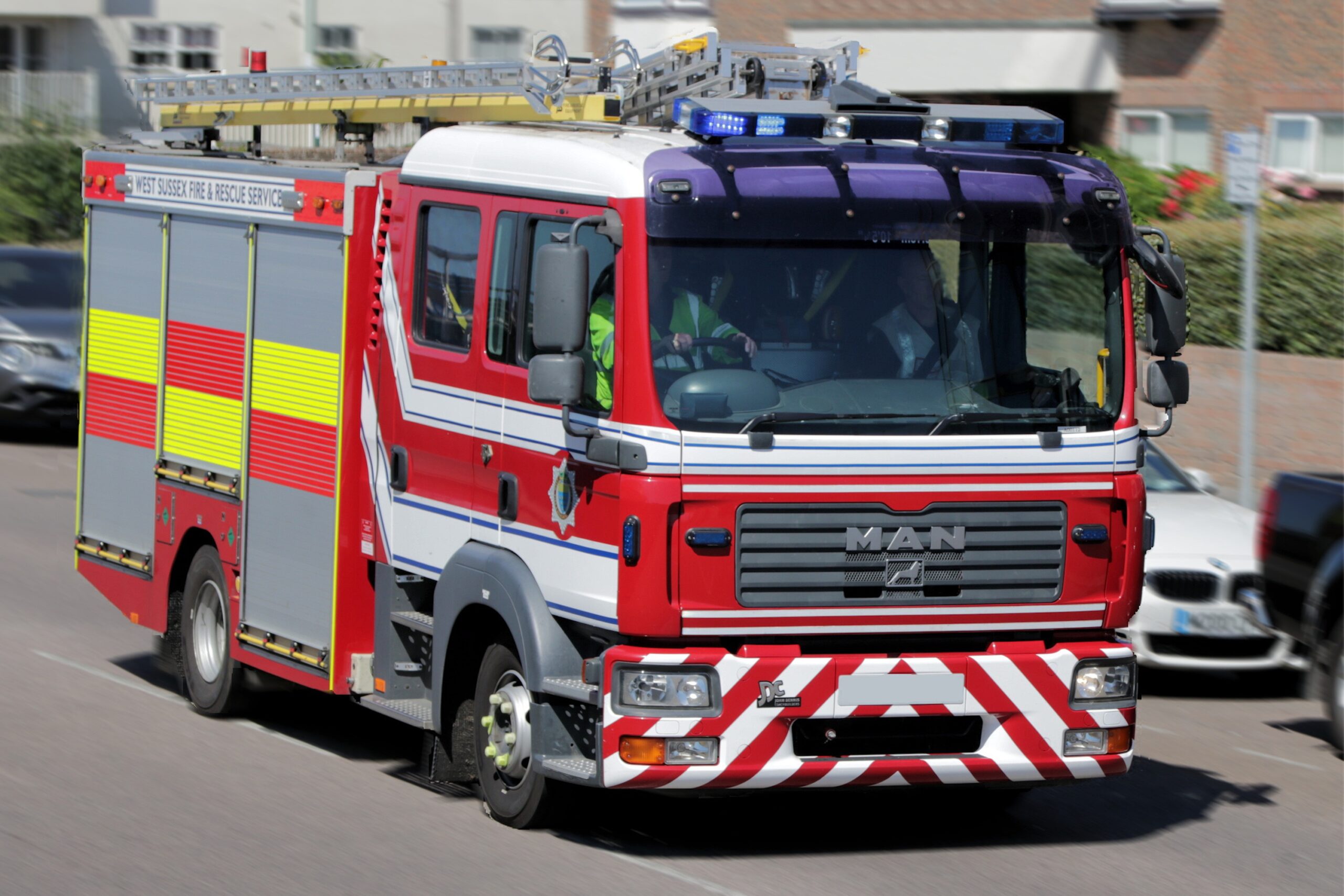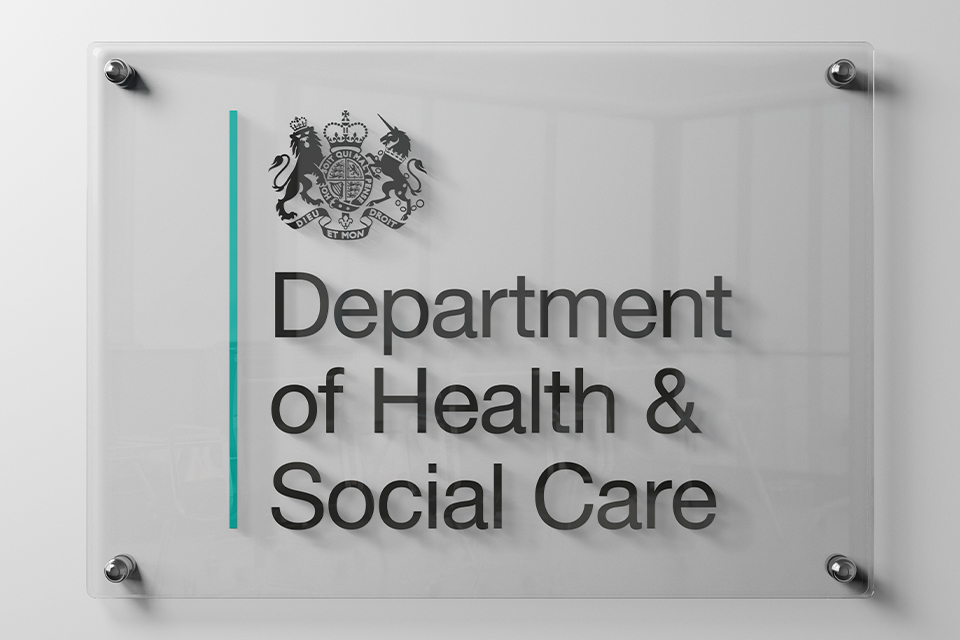Stats show that increased numbers of callers to urgent advice line are enduring lengthy waiting times or giving up on their call
Credit: Fotolia
England’s NHS 111 telephone advice service is showing strains from high levels of demand, with a quarter of calls not answered within a minute and increasing numbers of callers giving up.
NHS 111 services, which are run by a range of operators across England, received a record 1.84 million call attempts in December. According to data recently published by NHS Digital, the daily average reached 59,510 last month, which is 10% higher than the previous high of 54,073 per day in December 2017.
Data on the proportion of calls answered within 60 seconds and those abandoned by callers after waiting for 30 seconds showed such services struggling to cope with demand.
Across England in December, 75.7% of calls answered were picked up within a minute. This is the lowest proportion since March last year, and far below NHS England’s key performance indicator of 95%.
Potentially more serious is the proportion of calls abandoned after 30 seconds, which NHS England considers a safety issue rather than one relating to patient experience. (Measurements of abandoned calls often ignore those hanging up within a short period as many will have misdialled or called accidentally.)
Related content
- NHS app to offer GP appointments and access to medical records
- Refreshed NHS strategy names digital exemplars and pledges to encourage app innovation
- Amazon’s NHS contract redacted over tech firm’s acceptance of ‘non-standard terms’
The figure hit 6% in December, above NHS England’s key performance indicator of 5% and the highest proportion since the 7.2% figure reached in March 2018. It was just 2.2% in April 2019.
“Like their colleagues in A&E, NHS 111 teams had their busiest month on record in December as the public’s trust in the service continues to grow, and more and more people with serious health needs are using it as their first port of call for advice,” an NHS spokesperson said. “Three in ten people who use the service would have gone to A&E for their urgent care needs had it not been available, so over the last 12 months it has spared 2.8 million unnecessary trips to hospital.”
Both sets of data showed wide variations based on geography, with poor performances on calls answered within 60 seconds in north-west and south-west England, as well as in London.
Devon’s figures were particularly bad on both metrics, with just 52% of 111 calls answered within a minute and 27.7% of callers giving up in December.
Devon Doctors, a social enterprise owned by the county’s GP practices, has provided out-of-hours services since 1996. In 2016 it won the contract to provide a new integrated urgent care service in the area, combining out-of-hours care and the 111 service, and full provision of this started in October.
“We are aware of our performance challenges on a small number of specific metrics but perform extremely well in other areas; an improvement plan is in place and monitored by our commissioners,” said a spokesperson.
NHS Devon Clinical Commissioning Group, which commissions the service, said the shift to an integrated urgent care service had brought wider benefits.
“We have been both monitoring and supporting Devon Doctors since they took over full provision of the service in October 2019 and performance in these metrics is improving,” said a spokesperson. “Meeting national and local performance expectations is important. The new service has brought significant benefits to the urgent care system as a whole during the busy winter period, including making sure ambulances are being used appropriately for people who need them, while reducing pressure on emergency departments by making callers aware of the alternative options available when safe and appropriate to do so.”
Devon Doctors provides a similar integrated service in Somerset, where it has also recorded worse-than-average figures, although less so than in Devon. In December callers abandoned 11.2% of calls after 30 seconds and it picked up 62.6% of calls answered within 60 seconds.



